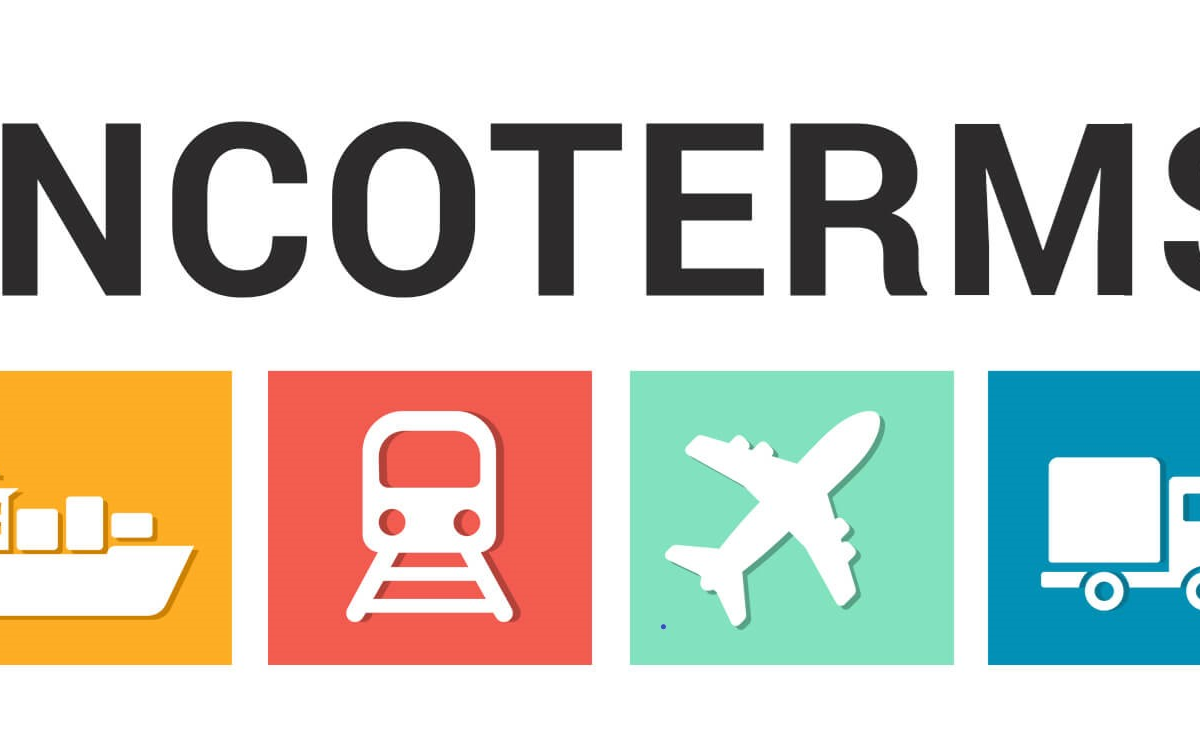
Global trade feels like a moving puzzle. The United States is changing tariff rules. This makes the landscape very dynamic.
The current U.S. administration wants to reshape trade. Businesses everywhere are watching closely. Let’s explore these shifts.
New Deals in Asia: Philippines and Japan
The U.S. has made new trade agreements. These are with key Asian partners. They show a mix of new tariffs and mutual benefits.
Philippines Gets a 19% Tariff Deal
On July 22nd, a big trade deal was announced. It was between the U.S. and the Philippines. Philippine goods entering the U.S. will face a 19% tariff. This is lower than the 20% first threatened. Philippine officials call it a “significant achievement.”
The Philippines will open its markets to U.S. goods. These will have zero tariffs. This helps American car imports greatly. The deal also signals closer ties. This is true for both economy and security. The Indo-Pacific region is key.
Japan’s “Massive” Deal: 15% Tariff and Billions
This week, a “massive” U.S.-Japan trade deal was announced. Japanese imports, including cars, will face a 15% tariff. This is a good drop from the suggested 25%. That higher rate caused much worry in Tokyo.
Japan will open its markets to U.S. exports. These include cars, trucks, and farm products. Japan also pledged $550 billion in U.S. investment. Details are still being worked out. Yet, the news boosted stock markets. Both countries saw optimism.
Japanese Prime Minister Shigeru Ishiba praised the deal. He called it good for both sides. He faces some challenges at home. Old 50% tariffs on Japanese steel remain. Defense spending talks were not part of this deal.
EU Tensions: A Waiting Game
The U.S. has done many deals. But its trade with the European Union is still tense. The EU delayed tariffs on U.S. goods until August 1st. They hoped for a deal. This was after the U.S. announced new 30% tariffs on EU goods. Those tariffs also start August 1st. They stem from trade imbalances.
The EU has many planned countermeasures. These target over $84 billion in U.S. imports. The list includes many items. Industrial goods, cars, and even bourbon are on it.
European officials want a deal. But they are ready to act. They will use their tariffs if no agreement is met. A transatlantic trade war is a big worry. Economists warn of bad impacts. This affects global supply chains.
The Bigger Picture: Global Tariff Changes
These tariffs are part of a larger plan. The U.S. wants to fix trade deficits. It seeks fair, reciprocal agreements. The August 1st deadline is very important. Higher tariffs loom for those without deals. Indonesia and Vietnam also got tariff agreements. Countries like India and South Korea face threats too.
This aggressive trade policy has global effects:
- Economic Uncertainty: Businesses face unpredictability. This changes supply chains. Costs rise. Currencies fluctuate. Many delay new investments.
- Inflation Risks: Tariffs could mean higher prices for shoppers. This may fuel inflation. Central bank rate decisions could change.
- Supply Chain Changes: Companies are rethinking sourcing. This means supply networks may diversify. Manufacturing could move to the U.S. or nearby.
- Geopolitical Moves: Trade disputes link to broader strategies. Especially in the Indo-Pacific. The U.S. strengthens alliances there. This mixes economic pressure with partnerships.
The world watches closely for August 1st. These talks will likely shape trade for years.
Your Guide in Trade: TradeFlex
Trade is always changing. Tariffs and global shifts add to this. Businesses need strategic partners. They need to optimize supply chains. They must ensure compliance.
TradeFlex offers many services. We help you navigate this complex world:
- Business Model Analysis: We help businesses understand market shifts. We create custom strategies.
- Manufacturing Management: We help adapt production plans. This eases tariff pressures.
- Duty Tariff Optimization: We cut import duties. We use product analysis. We apply trade agreements.
- Compliance Management: We guide you through trade laws. We prevent penalties. We ensure smooth customs.
- Supply Chain Engineering: We optimize your supply chain. We cut costs. We improve efficiency.
- Cross-Border Solutions: We have 30 years of expertise. We help businesses “land softly in Mexico.” This means efficient, compliant, and cost-effective operations.
Partner with TradeFlex. Turn trade challenges into chances.
Work with us today! Visit https://trade-flex.com



